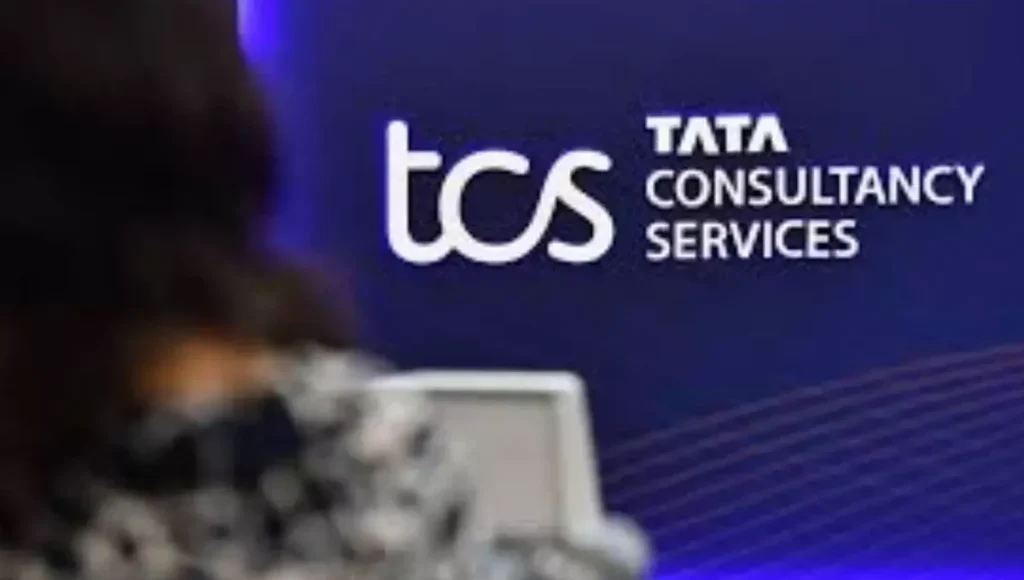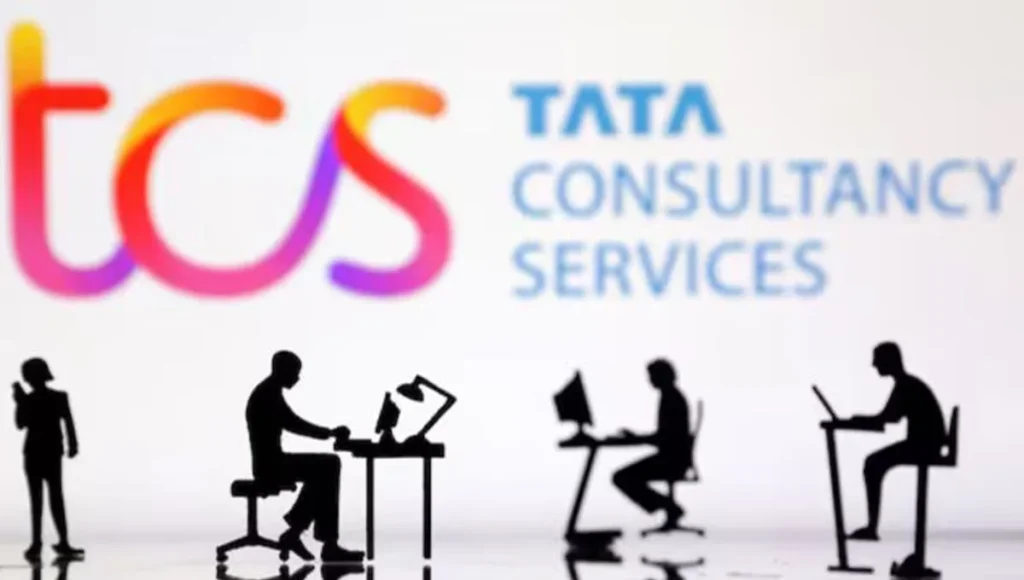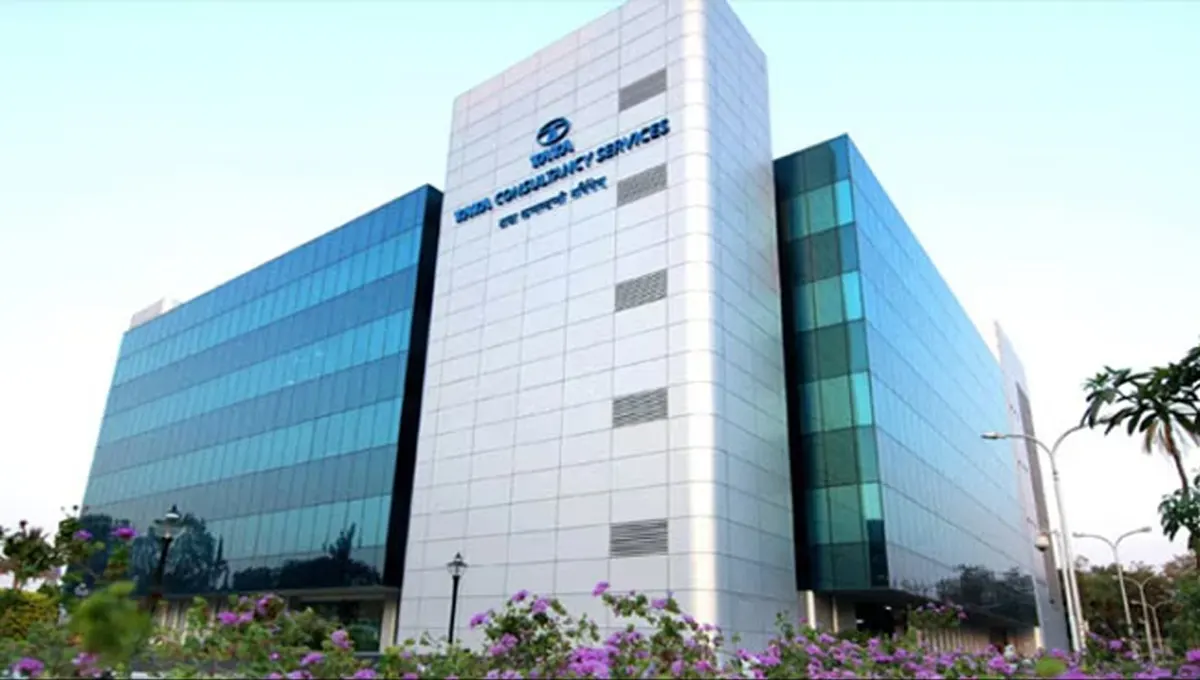Tata Consultancy Services (TCS Layoff) has made the shocking announcement that more than 12,000 workers will be let go in the upcoming fiscal year 2025–2026, which has caused a stir in the Indian tech sector. This announcement was unexpected for many, particularly from the biggest provider of IT services in India. However, there is a complex tale of change, technology, and corporate strategy hidden behind this significant labor reduction. For many, this announcement came as a shock — especially from India’s largest IT services provider. But behind this massive workforce cut is a deep story of change, technology, and business strategy.
Let’s break it down in the simplest, most human way possible.
TCS Layoffs : Why is TCS Cutting Jobs?
TCS has decided to reduce its workforce by 2% globally, which translates to around 12,200 job roles being eliminated. Most of the affected employees will be from middle and senior management levels. According to TCS, this step is part of a large-scale transformation process — driven by new technology like AI, changing client demands, and expansion into new markets.
But this isn’t just about cutting costs. It’s about becoming future-ready.
TCS CEO K Krithivasan shared that the company is investing heavily in emerging technologies, especially Artificial Intelligence (AI), and adapting to new ways of working. However, he also admitted that despite strong efforts in reskilling employees, some roles are simply no longer relevant to the company’s evolving needs.
AI is changing the game, but it’s not the enemy
Krithivasan explained that AI isn’t the cause of the layoffs, despite the fact that many people are eager to attribute job losses to AI. Rather, it is about reorienting abilities and becoming ready for the future.
The company’s rapid transition to AI-driven services is demonstrated by this degree of training.
TCS Layoffs : Social media responses: anxiety, annoyance, and worry

Online, the announcement has sparked intense feelings. “What will happen to other IT companies if TCS is laying off 12,000 people?” a user on X asked. The layoffs are not about reducing headcount because of automation, but because some positions don’t match the company’s future goals or project requirements.
Still, the connection between AI and job roles cannot be ignored. The company has already trained over 1.1 lakh employees in higher-order AI skills, with more than 15 million learning hours invested in the last quarter alone. The company’s rapid transition to AI-driven services is demonstrated by this degree of training.
Online, the announcement has sparked intense feelings. “What will happen to other IT companies if TCS is laying off (TCS Layoffs) 12,000 people?” a user on X asked. It looks horrible.
Another added,
“The AI threat isn’t coming — it’s already here. These TCS layoffs are a wake-up call for the Indian IT sector.”
On Reddit, some users pointed fingers at the management and internal practices rather than blaming the employees or AI. “Many employees want to grow, learn, and adapt, but the management doesn’t listen,” was one particularly noteworthy comment. Skilled programmers are confined to support positions. It is a structural issue rather than a worker one.”
Many people in the IT community have found resonance in this sentiment.
TCS Layoffs : What Effect Will This Have on TCS and the Indian IT Industry?
With more than 6.1 lakh workers, TCS serves as a barometer for the Indian IT sector. Such a move could lead to similar decisions throughout the sector, particularly in businesses that are under pressure to remain tech-forward, lean, and nimble.
According to TCS, this reorganization is being carried out properly and won’t affect the provision of customer service. All current employment offers will still be honored, and lateral recruiting will be recalculated in accordance with need, according to Executive VP and CHRO Milind Lakkad.
Additionally, he noted that last quarter’s attrition rate was over 5,000 and the LTM attrition rate was 13.8%, indicating that employee turnover is occurring even prior to the implementation of TCS layoffs.
The Longer View: Remaining Relevant in a World That Is Changing Quickly

The goal of this shift is relevance and survival. Companies like TCS are not just reacting to economic pressure but are proactively preparing for a tech-driven future. Whether it’s cloud computing, cybersecurity, or AI — the game has changed, and companies must change with it.
As Krithivasan rightly put it,
“The ways of working are changing. We need to be agile. This has been one of the toughest decisions of my life as a CEO.”
This move, while painful, could pave the way for a more streamlined and competitive TCS that is ready to lead in the age of intelligent technology.
Final Thoughts for Employees and Job Seekers
If you are working in tech or planning to enter this field, this news serves as a strong reminder — stay updated, keep learning, and embrace change. Skills in AI, data science, cloud platforms, and cybersecurity are not just “nice-to-have” anymore — they are essential for job security and growth.
Disclaimer:
This article is intended for informational purposes only. The content is based on publicly available information and user commentary. We do not intend to defame or harm any organization or individual. Readers are advised to conduct their own research or consult official statements before making career-related decisions.
Also Read
TCS Layoffs 2025: Tata Consultancy Services to Cut 12,000 Jobs Amid AI Shift






